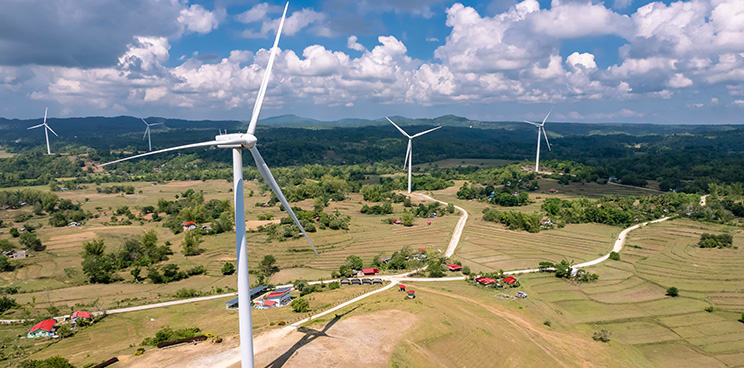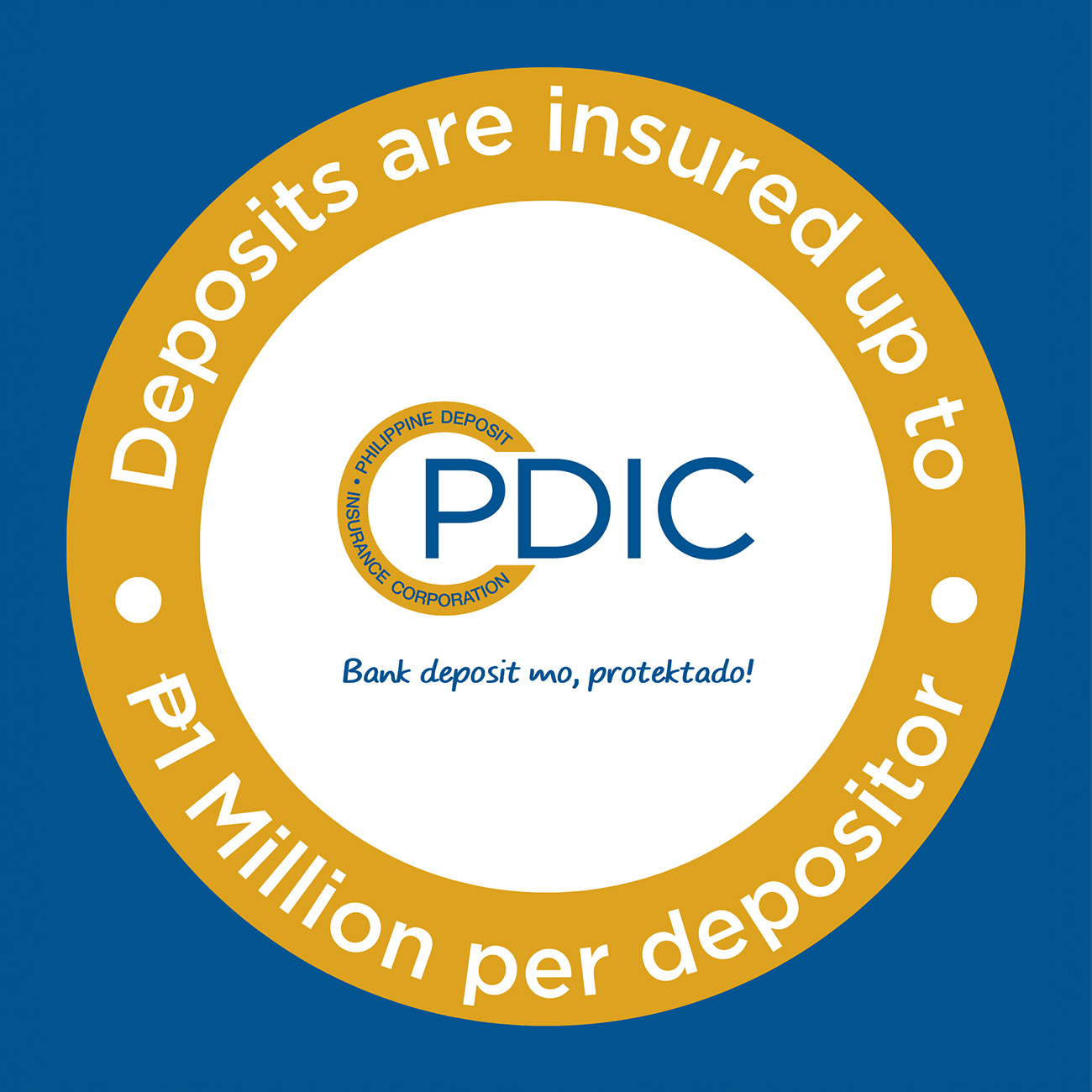The symbiotic relationship between banking and sustainability is increasingly evident. As businesses embrace sustainable practices, banks play a pivotal role in providing the necessary financial tools and expertise. By supporting sustainable businesses and initiatives, banks ensure a prosperous future for both their clients and the planet.
Sustainability in business refers to the ability of a company to operate in a manner that is environmentally responsible, socially equitable, and economically viable over the long term. It involves integrating sustainable practices into core business operations, which can include reducing carbon footprints, minimizing waste, and ensuring fair labor practices. As businesses strive to meet these criteria, they often seek guidance and support from financial institutions that understand their unique challenges and opportunities.
The United Nations Sustainable Development Goals (SDGs) outline a framework for addressing global challenges such as poverty, inequality, climate change, and environmental degradation. Banks are uniquely positioned to help businesses align with these goals by providing financial products and services that promote sustainable practices. For instance, banks can offer green loans specifically designed for projects that have positive environmental impacts, such as renewable energy installations or energy-efficient upgrades.
By engaging with businesses on sustainability initiatives, banks can facilitate access to capital for projects that contribute to the SDGs. This partnership not only helps businesses achieve their sustainability objectives but also enhances the bank's reputation as a socially responsible institution.
1. Providing Access to Green Financing
The Bangko Sentral ng Pilipinas (BSP) has been instrumental in promoting practices that support sustainable banking in the Philippines. One key aspect of this is through green financing options, which support environmentally friendly projects. These include:
- Green bonds. Fixed-income instruments used to raise funds specifically for projects with positive environmental impacts.
- Sustainable loans. Loans offered at lower interest rates for businesses undertaking sustainable initiatives such as energy efficiency upgrades or waste reduction programs.
By providing these financing options, banks enable businesses to invest in sustainable technologies and practices that they might not otherwise afford.
2. Offering Advisory Services
Banks are increasingly offering advisory services to help businesses navigate the complexities of sustainability. These services may include:
- Sustainability assessments. Evaluating a company’s current practices and identifying areas for improvement.
- Strategic planning. Assisting businesses in developing long-term sustainability strategies that align with their goals and values.
- Regulatory guidance. Helping companies understand and comply with environmental regulations and standards.
Through these advisory services, banks empower businesses to make informed decisions about their sustainability efforts.
3. Promoting Responsible Investment
Many banks are adopting responsible investment strategies that prioritize sustainability. This approach involves:
- ESG criteria. Evaluating investments based on Environmental, Social, and Governance (ESG) factors to ensure they align with sustainable practices.
- Impact investing. Focusing on investments that generate measurable social or environmental benefits alongside financial returns.
By promoting responsible investment practices, banks encourage businesses to adopt similar principles in their operations, fostering a culture of sustainability across sectors.
4. Supporting Innovation in Sustainability
Banks are also instrumental in supporting innovation related to sustainability. They can do this by:
- Funding research and development. Providing capital for startups or established companies working on innovative solutions to environmental challenges.
- Partnerships with technology firms. Collaborating with tech companies to develop new tools and platforms that enhance sustainability efforts, such as carbon tracking software or energy management systems.
By investing in innovation, banks help drive the development of new technologies that can lead to more sustainable business practices.
5. Engaging in Community Initiatives
Many banks engage in community initiatives aimed at promoting sustainability at the local level. This can include:
- Financial literacy programs. Educating businesses about sustainable practices and how they can be financially beneficial.
- Community grants. Offering grants for local projects focused on environmental conservation or community development.
These initiatives not only support local businesses but also strengthen community ties and promote broader awareness of sustainability issues.
As the world’s attention on climate change grows stronger, the connection between banking and sustainability is set to become even more significant. Financial institutions are increasingly realizing that embracing sustainable practices isn’t just a win for the planet—it’s also a smart move for their profits. This shift highlights how aligning financial strategies with environmental goals can create a brighter future for both businesses and the Earth. Companies committed to sustainability often experience enhanced brand loyalty, reduced operational costs through efficiency measures, and improved risk management.
Moreover, as regulatory frameworks evolve to support sustainable development goals, banks will play a key role in helping businesses adapt to these changes. By continuing to innovate their financial products and services around sustainability themes, banks can ensure they remain relevant while contributing positively to society.
The Bank of the Philippine Islands (BPI) is on an exciting path toward sustainability, integrating environmental, social, and governance (ESG) principles into everything it does. With a strong focus on renewable energy, BPI's Sustainable Development Finance program supports investments in energy efficiency, green buildings, and sustainable agriculture, while also offering free consultations to help businesses make smart, eco-friendly choices.
BPI has transformed 26 branches into Phygital Flagship branches, with 14 earning EDGE certification as Green Bank Branches. This transformation highlights the bank's commitment to reducing its environmental impact. To further promote sustainability, BPI provides innovative financing options like Solar Mortgages, Eco-Build Financing, and Electric Vehicle (EV) Financing, making it easier for customers to go green.
In addition to environmental efforts, BPI cares about social issues. Their LavLoans program offers support to cancer patients and their families with favorable financing terms. BPI also incorporates ESG metrics into employee evaluations and offers training on global ESG standards, reinforcing the idea that responsible banking benefits everyone.
Banks play a major role as partners in promoting sustainable practices among businesses by providing access to green financing, offering advisory services, encouraging responsible investment strategies, supporting innovation, and engaging in community initiatives.
As organizations work to integrate sustainability in business into their operations while aligning with business and sustainable development goals, the backing from financial institutions becomes essential. By fostering a collaborative approach focused on sustainability, banks and businesses can collectively strive for a more sustainable future for everyone.










